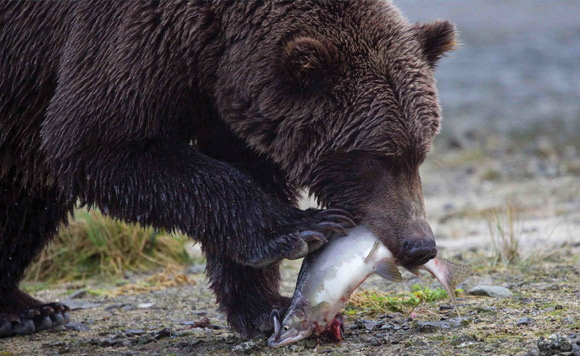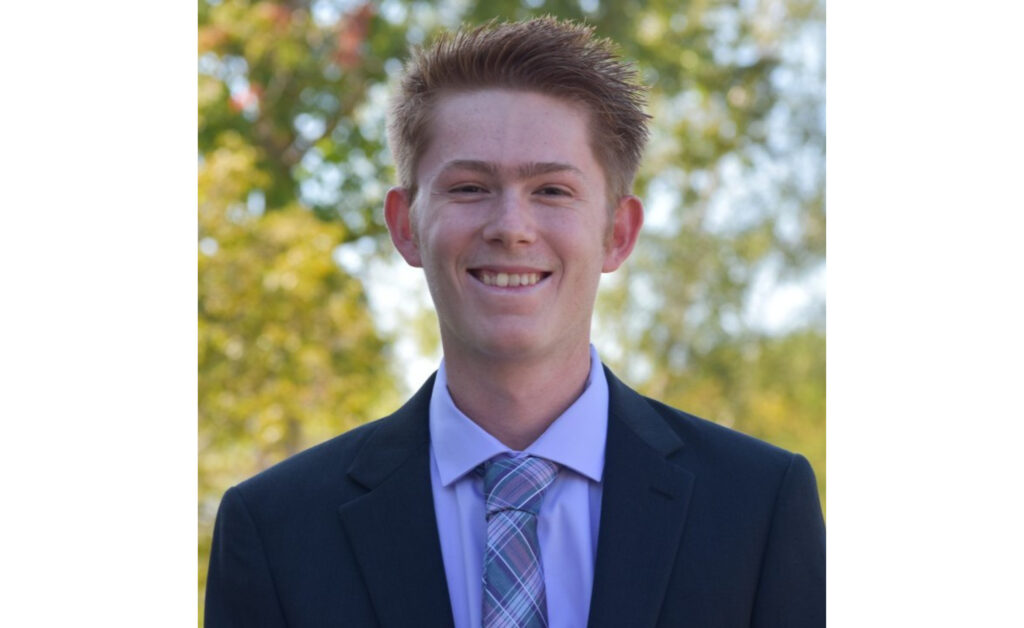– By Chris Genovali, Executive Director, Raincoast Conservation Foundation –
Raincoast Conservation Foundation’s Applied Conservation Science Lab at the University of Victoria approaches academia in a distinctive manner. Supported by the Tula Foundation and Raincoast, and led by Raincoast’s long time Science Director and Hakai-Raincoast Professor of Geography Dr. Chris Darimont, we are making history as a truly unique conservation science lab. Darimont’s mentor, internationally renowned large carnivore expert, and Raincoast Senior Scientist, Dr. Paul Paquet, is an integral part of the Raincoast Lab.
The Raincoast Lab does science that matters, contributing to tangible change in the real world. In the lab’s first two years, our team of graduate students, post-docs, and principal investigators have published 16 peer-reviewed articles. Topics cover carnivore ecology and physiology, population biology, perspectives on indigenous and western science, and the ethics of trophy hunting. All derive from research that is entrenched in the natural environment, exploration, and community discourse.
Our research into the health and well-being of carnivore populations supports a growing understanding of coastal predator-prey systems. We have shown that access to salmon and herring is of critical importance in sustaining the health of individual bears and wolves, as well as entire populations of these species. Our research has also revealed the influential role of coastal islands (versus the mainland) in shaping the ecology and behaviour of bears and wolves. This kind of information matters when working to conserve a coastline and archipelago that face multiple threats from human disturbances.
The lab’s work and influence extend beyond field studies and research. We also explore the complementary role that ethics and science can play in guiding the management and conservation of wildlife. For example, our analysis concerning the BC government’s management of grizzly bears revealed troubling shortcomings in both ethics and science. These findings commanded the attention of elected officials, and bolstered the policy efforts of indigenous governments who have demanded an end to grizzly bear hunting in the Great Bear Rainforest.
Our philosophy for field research also matters. Our work occurs within the traditional territories of many First Nations and is aligned with local community objectives. Our carnivore monitoring relies on the support, collaboration, and leadership of the Heiltsuk, Kitasoo/Xai-xais, Wuikinuxv, and Nuxalk Nations. This past year, a team of community leaders and researchers from Bella Bella, Klemtu, Wuikinuxv, and Raincoast authored two publications that describe emerging best practices for community-engaged research.
“As important as our science are our scientists. Having begun my own relationship with Raincoast as an undergraduate volunteer, it is particularly pleasing to see the same enthusiasm, commitment and vision of the lab’s team of graduate and undergraduate students. The lab is producing a new generation of extraordinarily passionate applied conservation scholars and practitioners, as well as future Raincoast science staff,” said Darimont.




